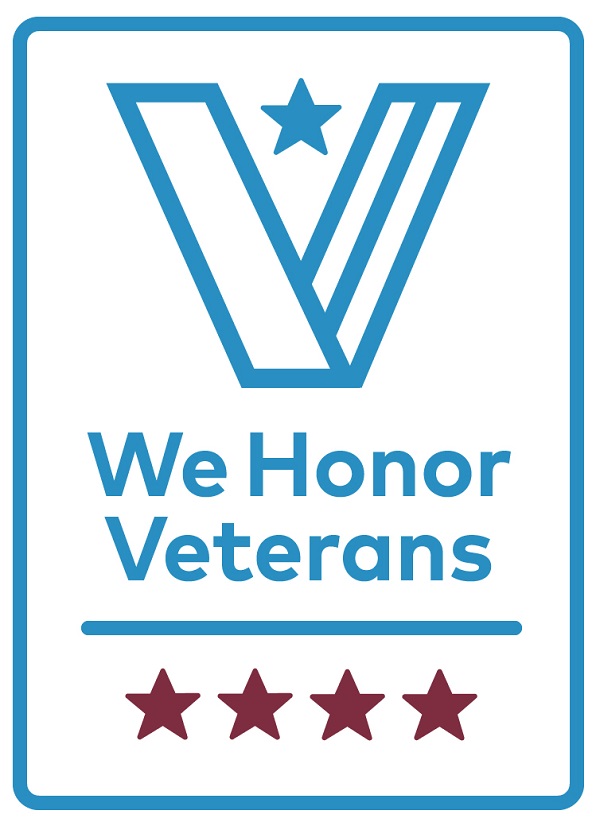The death of a spouse or loved one is a tough time. Even during this period of grief and emotional readjustment, important financial and logistical arrangements need to be managed.
This survivors guide was developed to help you manage the many details which need immediate attention. Remember this is your journey, and there is no right or wrong way to handle.
What to do CHECKLIST
- Make a list of immediate family, close friends, and employer or business colleagues. Notify each by phone. This can be tough for all involved but this will allow for grieving, remembrances and notification in order to attend funeral or memorial service.
- Decide on the time and place for the funeral or memorial service. Select who will conduct the service, give the eulogy, speakers, music, pallbearers and reception.
- If flowers are to be omitted, decide on an appropriate memorial to which gifts may be given, such as Lifesong Hospice, church, library, school, or other important charity.
- Write the obituary. Normally, the funeral home can help with this, but you may wish to consult with them or do it yourself. Include age, place of birth, occupation, college degree(s), memberships held, military service, outstanding work, list of survivors in immediate family. List memorial information. Give time and place of services.
- Plan for placement of flowers after the funeral (hospital, church, rest home, etc.).
- Arrange for family members or close friends to take turns answering the door or phone, having them keep careful records of all visits and phone calls. This will allow you to prepare a list of persons to receive acknowledgments or thank you notes.
- Arrange appropriate childcare, if needed.
- Coordinate special needs of the household (cleaning, grocery shopping, etc.) which may be done by friends/relatives.
- After the service, send appropriate acknowledgments to visitors, service attendees, etc. These may be written notes, printed acknowledgments, or some of each.
- Notify insurance companies (life, health, auto, etc.) of immediate cancellation and request any refund due.
- Check all life and casualty insurance and death benefits carefully, including Social Security, credit union, trade union, fraternal, military etc. Review income information for survivors from these sources.
- Promptly review all debts and installment payments. If accounts were joint accounts, consult with creditors and ask them for more time before payments are due, or close out credit cards and checking accounts.
- If the deceased was living alone notify utilities, landlord, the department of motor vehicles (DMV) and contact the post office and advise where to send mail. Take precautions against thieves.
- Notify the lawyer and executor of the will.
- Get several copies of the death certificate.
- Change ownership or title of shared properties, credit cards, etc.
Death Certificate
You will need to give copies of the death certificate to many of the offices or agencies you contact. You can purchase certified copies of the death certificate through your funeral director or from the county health district. There will usually be a charge per document. You may save money by using a photocopy when possible, but many companies will require a certified copy. For most circumstances, you will want 10-12 copies but may need more later.
Veteran’s Benefits
If your loved one was a veteran who received an honorable discharge, survivors might be eligible for a variety of benefits including burial expenses, plot allowances as well as grave markers.
The surviving spouse and dependent children of veterans receiving disability benefits may also be entitled to monthly payments. Check with your regional Veterans Affairs (VA) office and get a Certificate of Honorable (or other than dishonorable) Discharge and write to the Department of Veterans Affairs.
A Marriage Certificate
Copies of the marriage certificate are needed if the spouse of the deceased will be applying for benefits. Copies are available at the Office of the County Clerk where the marriage license was issued.
Birth Certificates for Dependent Children
A Copy of the Will
The lawyer of the deceased may have the will, or it may be in a safe deposit box.
Insurance Policies
There may be several types of insurance policies. These could include life, mortgage or loan, accident, auto, and any insurance provided by an employer.
Social Security Documents
If your loved one paid into Social Security for at least 40 quarters, they may be covered. Check with your local Social Security office or call 800.772.1213 to determine eligibility.
Federal Estate Tax, State Taxes, and Income Taxes
Guidelines for these are continually changing, and no two states are the same. For more information contact your state tax department or your families’ professional tax advisor.


